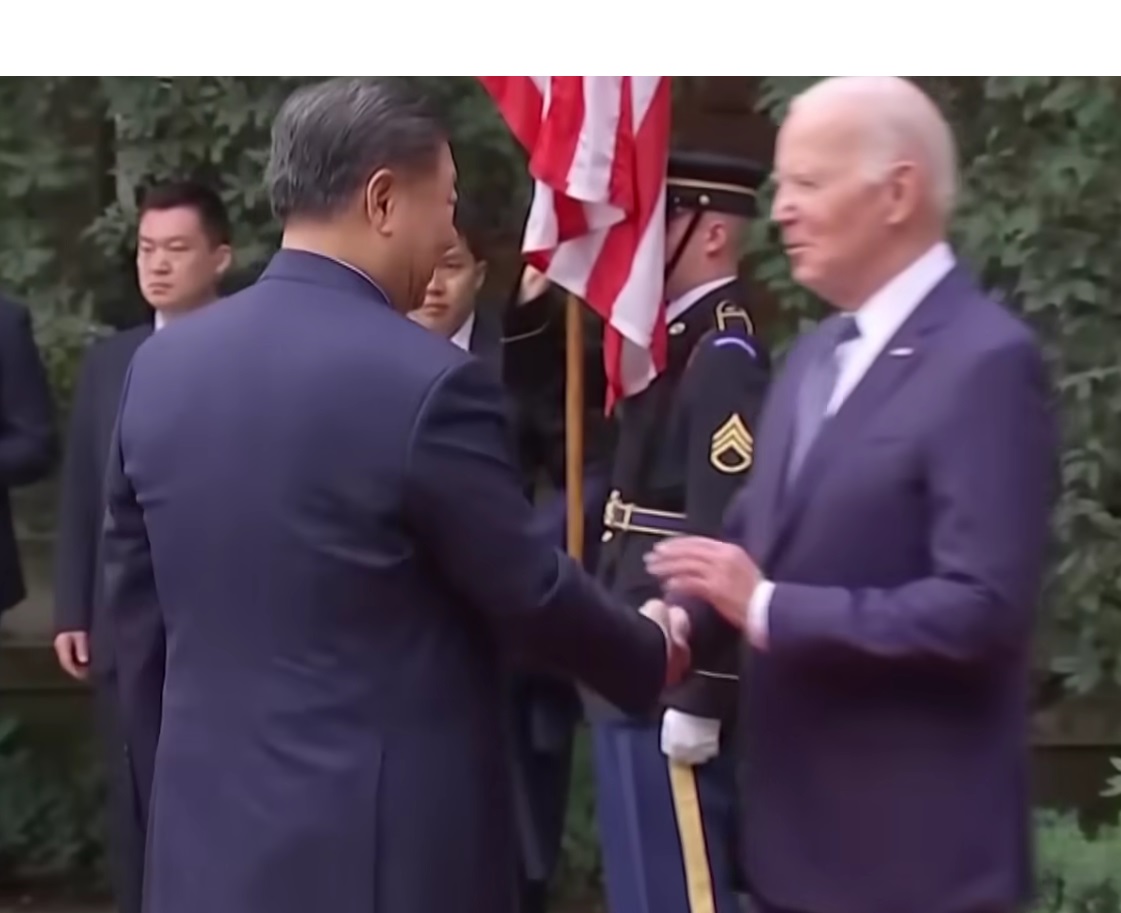International
Xi Jinping asked Biden for a 900 billion bailout?

In an unexpected turn of events, Communist Party of China (CCP) General Secretary Xi Jinping appears to have acknowledged the imminent end of his rule and sought salvation from an unlikely source—U.S. President Joe Biden. Reports indicate that Xi’s desperation led him to engage with Biden during the Asia-Pacific Economic Conference (APEC) summit in San Francisco between November 13 and 17, 2023, as Oilprice reported.
Leading up to the summit, the Xi-led Government of the People’s Republic of China (PRC) initiated a charm offensive aimed at the U.S., signaling a significant shift in China’s approach. This move followed a prolonged period during which Beijing seemed hesitant about the summit’s feasibility. The sudden charm offensive underscored Xi’s desperation and increasingly unpredictable behavior.
China had been grappling with a significant economic crisis since at least 2015, yet Xi had taken minimal steps to address it. However, just before the summit, Xi’s administration cautiously started reversing its anti-private sector policies, pledging support for private businesses in mainland China. This marked a departure from the previous decade’s Maoist approach, which sought to curb private enterprise in favor of state-owned enterprises (SOEs). Xi’s abrupt policy reversal, in line with his behavior post-October 2022 Party Congress, highlighted his instability and desperation as it became evident that the People’s Liberation Army (PLA) was not prepared for Xi’s proposed military takeover of Taiwan.
Unable to deliver on his promise to capture Taiwan, Xi found himself isolated within the Party, facing questions about the depletion of China’s resources and the CCP’s treasure. His inability to execute the Taiwan plan left him vulnerable to removal by the Party and the PLA, both eager to save themselves. This dire situation prompted Xi’s visit to San Francisco, where he sought U.S. assistance in the face of an impending crisis.
According to a significant source within the PRC, Xi formally requested a $900 billion bailout for the Chinese economy during the summit. While this specific detail remains unconfirmed, it aligns with China’s urgent efforts to improve relations with the U.S. and portray the two nations as potential friends and partners. The leak, originating from within the CCP, signifies internal opposition to Xi, suggesting that efforts to remove him are reaching a critical stage.
Without a substantial injection of funds, the Chinese property market and overall economy face further collapse. Even with such an investment, reversing the scale of private sector bankruptcies and factory closures is a formidable task, and rebuilding foreign trust in the PRC is a prolonged process.
Xi’s desperation led him to abandon the pretense of PLA readiness to conquer Taiwan during the San Francisco summit. This marks a seismic shift in his policies, although he publicly maintained his intention to bring Taiwan into the communist fold.
Xi’s plea for a bailout raises questions about the potential response from President Biden. As of now, there is no indication of Biden’s reaction to Xi’s desperate request. The charm offensive, despite Xi’s overtures, is belied by continued antagonism toward the U.S. and its allies in military practices along confrontation lines.
Xi’s request for a bailout and his diplomatic maneuvers highlight a critical moment in his political career. Whether this plea will save him or merely delay the inevitable remains uncertain, but it underscores the profound challenges facing the CCP and Xi Jinping’s leadership in the current geopolitical landscape.






